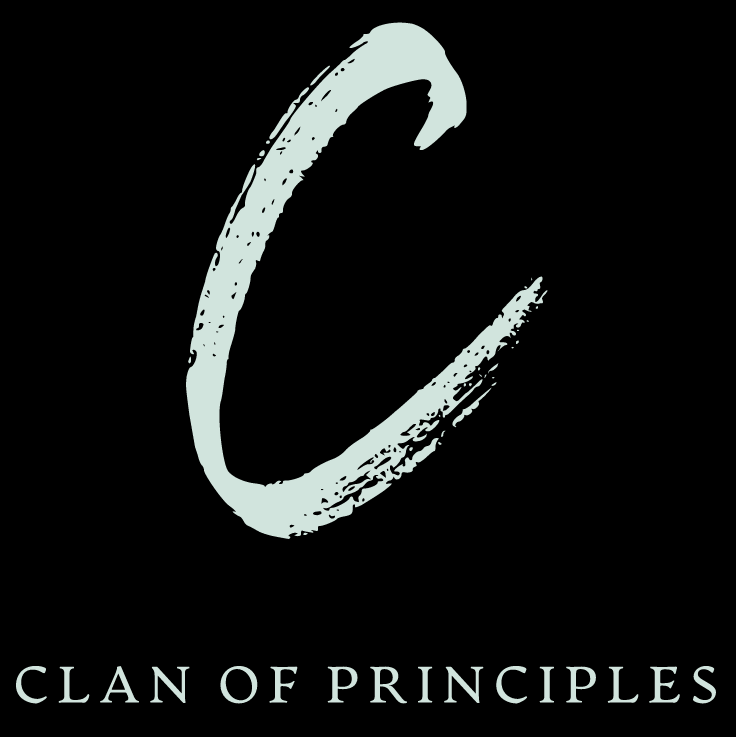Bonus Week – The 3 Ghosts of Indecision, Doubt, & Fear
These 3 enemies exist only in our subconscious mind where their presence is hard to detect. But they are nothing but ghosts because they exist only in one’s mind.
Ghosts are creations of uncontrolled imagination, but they can be as damaging and as dangerous as if they walked on earth in physical bodies.
Before we can put any part of this success philosophy into practical use our mind must be ready and prepared to execute on the 13 principles.
The preparation of our mind starts with the clear-out of three specific enemies: Indecision, Doubt, and Fear.
Infinite Intelligence will never be available to a mind where any one of these exists.
And the members of this unholy trinity are closely related. Where one is found, the other two will be close by.
Indecision is the seed of fear.
And Indecision crystallises into Doubt.
The two then blend and become Fear.
The reason why these three enemies are so dangerous is because they germinate and grow without their presence being observed.
The most common fears that cause man to worry are the fear of poor physical health, poor financial health, and the fear of criticism, particularly the type of criticism that comes with perceived failure.
Nature has endowed man with absolute control over but one thing and that is Thought.
This fact, coupled with the additional fact that everything man creates begins in the form of a thought leads one close to the principle by which fear may be mastered.
If it is true that all thought has a tendency to cloth itself in its physical equivalent, then it is equally true that thought impulses of fear cannot be translated into acts of courage.
The control of all fears calls for but one thing and that is a state of mind. A state of mind is something that one assumes. It cannot be purchased, it must be created.
Fear in the mind leads to sleeplessness. It paralyses the faculty of reason, destroys the creative imagination, kills off self-reliance, undermines enthusiasm, discourages initiative, leads to uncertainty of purpose, and encourages procrastination.
If asked what they fear most, men would instinctively say they fear nothing. But few people realise when they are handicapped physically and spiritually by some form of fear.
So subtle and deeply seated is the emotion of fear that a person can go through life burdened by it whilst never recognising its presence.
Correct Principles
Correct principles never change. We can depend on them. They don’t react to anything, they don’t depend on the behaviours of others or on the environment, they aren’t here one day and gone the next, they can’t die or be destroyed by fire or theft. They are deep fundamental truths much bigger than people or circumstances. They endure and were built to last forever.
The principles we have been working on during program 3 don’t change, only our understanding of them does.
If we gain a clarity of thought around these principles, then they can become a set of “correct maps” that will enable us to clearly see where we want to go and how to get there.
We are aiming high because what comes from principle-centred living is the power of a self-aware, knowledgeable, proactive individual unrestricted by the attitudes, behaviours, and actions of others or by many of the circumstances and environmental influences that limit other people.
The more we know of correct principles, the greater our personal freedom to act wisely. Principles have natural consequences attached to them. There are positive consequences when we live in harmony with them and there are negative consequences when we ignore them. It’s like looking through a pair of glasses, it affects the way we see everything in our life. If we see things through correct principles, then what we see is dramatically different from what we see through any other centred paradigm.
Reactive people are often affected by their physical environment. If the weather is good, they feel good. If it isn’t it affects their attitude and their performance. Proactive people are principle driven, they are in control of their actions, they set intentions every day that determine their actions. If their intention is to produce good quality work, they are not affected by outside circumstances that they can’t control. Reactive people are more driven by feelings, by circumstances, by conditions, by their environment.
The ability to subordinate an “impulse” to a “principle” is the essence of the proactive person. Proactive people are driven by internalised, carefully thought-out selected principles, not by feelings, circumstances, conditions or their environment. Although proactive people still get affected by external stimuli, their response to it, whether conscious or unconscious, is a principle-centred choice or response.
It is our willing permission, our consent that hurts us or causes us to experience negative emotions such as fear and worry, it’s not what happens to us in the first place, the event. The proactive control their response to the event. Everyone has the power to choose their response to every event. Most don’t use this power, but some do. In fact, our most difficult experiences can become the crucibles that forge our character and develop the internal powers, the freedom to handle difficult circumstances and to inspire others to do so as well.
